

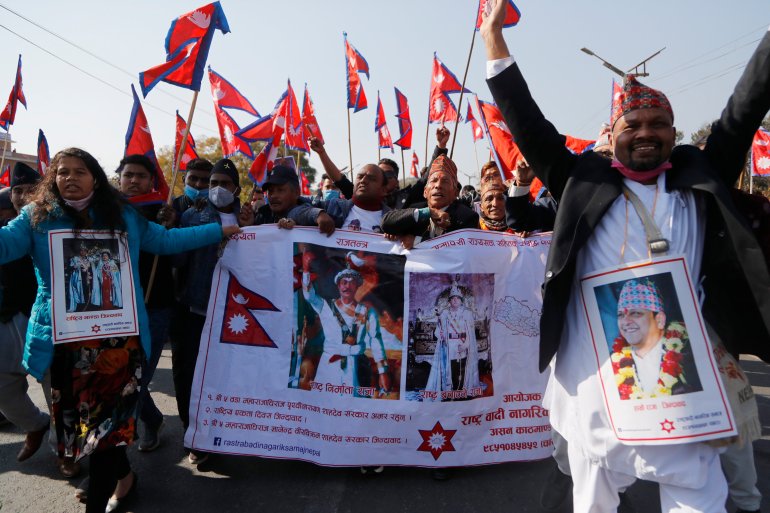
Amidst heightened tensions, Nepal has finally lifted the curfew in the Baneshwar-Tinkune stretch and surrounding areas following Friday's violent clashes between security personnel and pro-monarchy protesters. The protests, which resulted in deaths, arrests, and property damage, have led to a decline in public support for the royalists. With more arrests expected and divisions within the pro-Hindu and pro-monarchy groups, the Nepal Home Ministry is determined to contain any further disruptions.
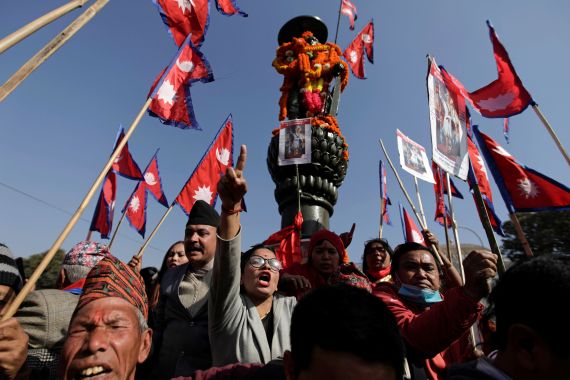
On Friday, tensions rose in the eastern part of Kathmandu as pro-monarchy protesters clashed with security personnel, leaving two people dead. The curfew imposed in the area has been lifted on Saturday as calm returns to the city. At least 105 people have been arrested for their involvement in the violent demonstration, as protesters demand the reinstatement of the monarchy and a Hindu kingdom. Durga Prasai, the leader of the agitation and the main culprit behind the violence, is currently at large.
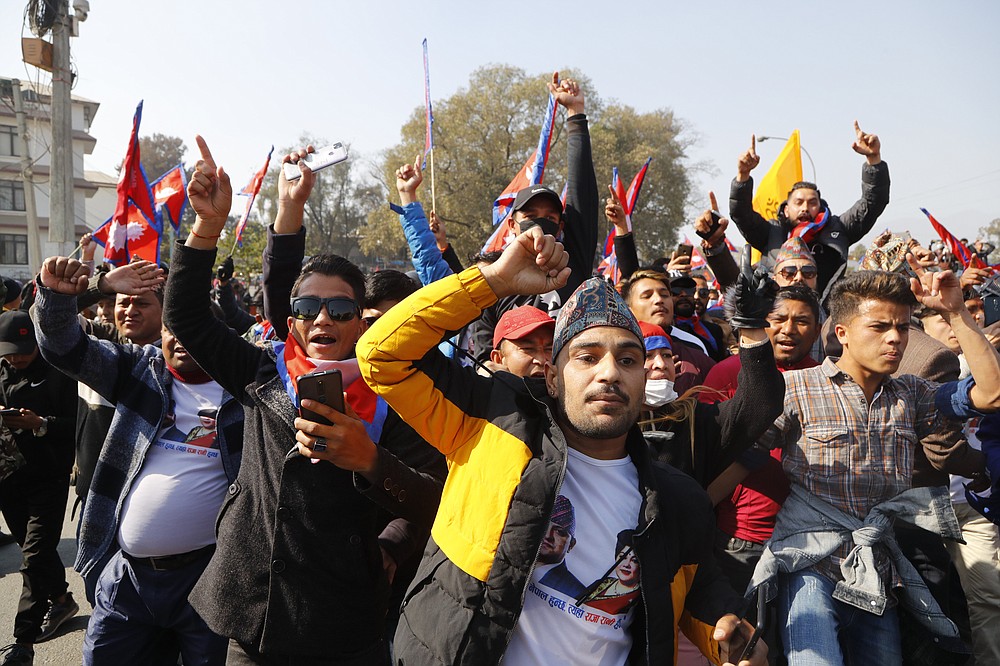
Amidst widespread protests, pro-monarchist rally in Nepal sparks controversy for featuring photograph of Indian leader Yogi Adityanath alongside images of former king Gyanendra Shah. Rastriya Prajatantra Party (RPP) denies responsibility for the display, accusing the current government of orchestrating the move. Prime Minister K P Oli also denies involvement, stating that they do not use images of foreign leaders in their rallies. This comes amid ongoing rallies demanding the reinstatement of the monarchy abolished in 2008.

The Chairman of the National Assembly of Nepal, currently on an official trip to China, meets with the General Secretary of Communist Party of China in Tibet to discuss the longstanding ties between Nepal and Tibet. The leaders discussed the impacts of the COVID-19 pandemic on trade and investment between the two regions and expressed hope for expansion of these activities now that trade routes have opened. They also discussed tourism prospects and initiatives for customs infrastructure and direct flights between Lhasa and airports in Nepal.

The tragic death of a third-year BTech student from Nepal at Odisha's Kalinga Institute of Industrial Technology (KIIT) has sparked tension on campus. The state government has set up a high-level committee to investigate the circumstances surrounding the student's death and ensure justice is served. Meanwhile, the deceased student's father has alleged that the institute mistreated Nepali students and has called for action to prevent such incidents in the future.
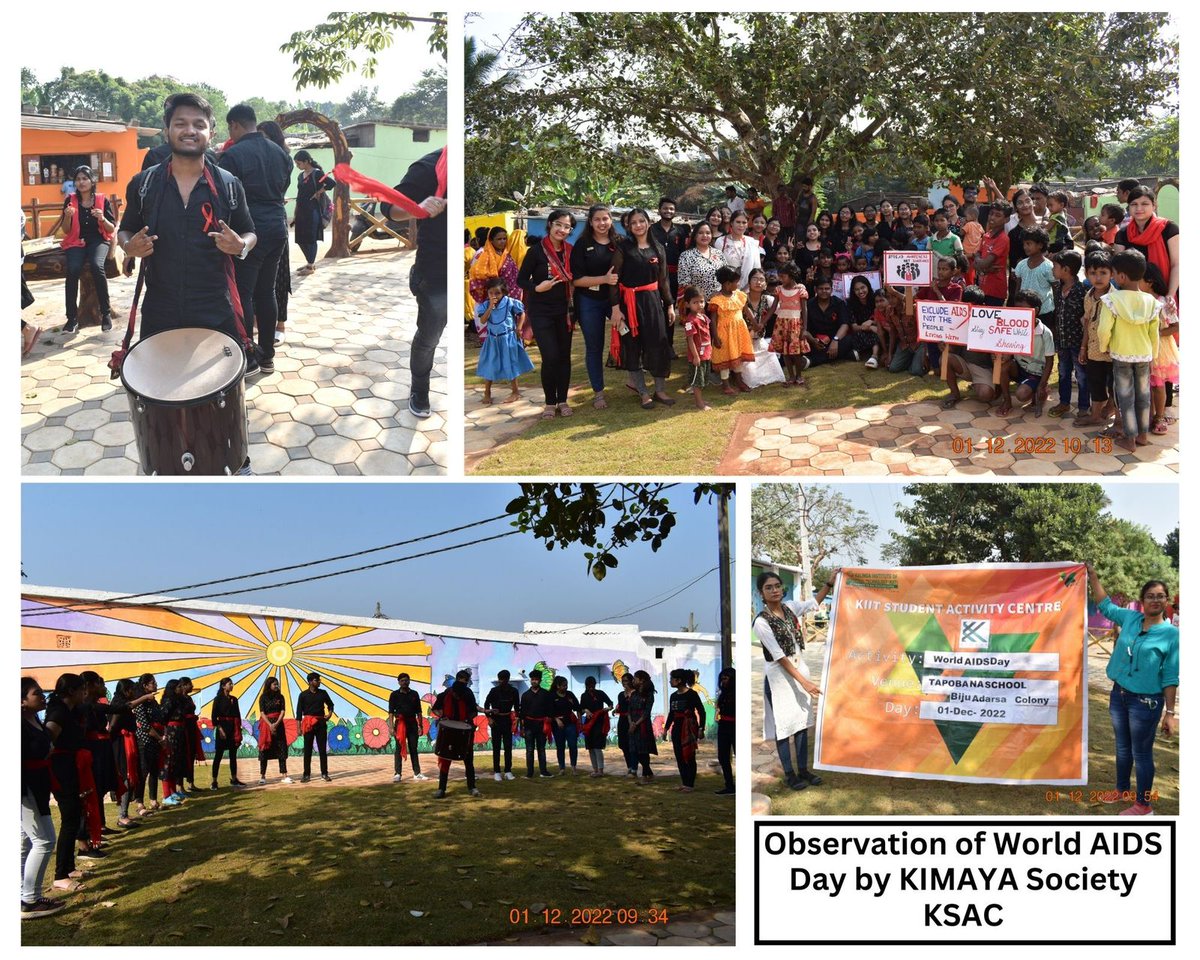
An investigation is underway after a third-year B.Tech student from Nepal was found hanging in her hostel room at Kalinga Institute of Industrial Technology. The accused, a third-year Mechanical engineering student, has been arrested under allegations of harassment. The incident has sparked protests and calls for justice from students and authorities, including Nepal's Prime Minister who has dispatched officials to counsel affected Nepali students.
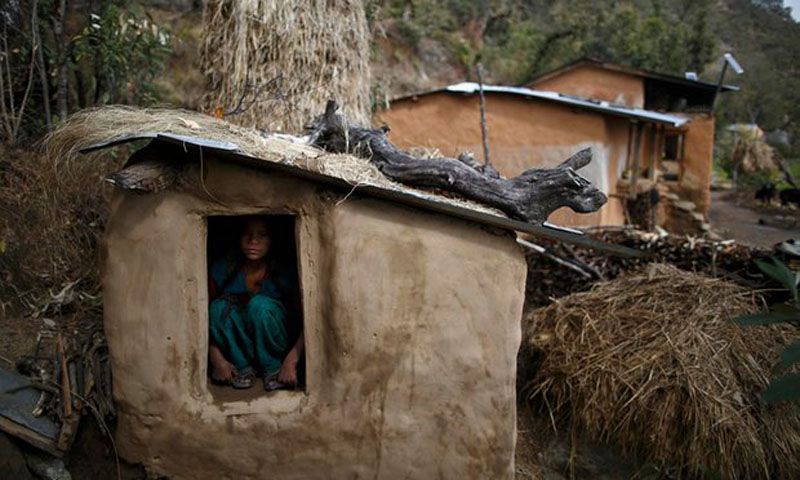
Despite numerous efforts to counter the practice of chhaupadi, which banishes menstruating females into isolated sheds, the deep-rooted fear of repercussions from their clan deity continue to perpetuate the harmful tradition in Western Nepal. Activists and locals share stories of faith in the deity and consequences of breaking chhau rules, leading to the suppression of chhaupadi-related deaths. The superstitious belief that menstruating females are impure extends to the use of family toilets, forcing women to search for alternative options in the jungle. While some deaths may be reported, many more are hidden due to the fear of speaking against the chhaupadi culture.
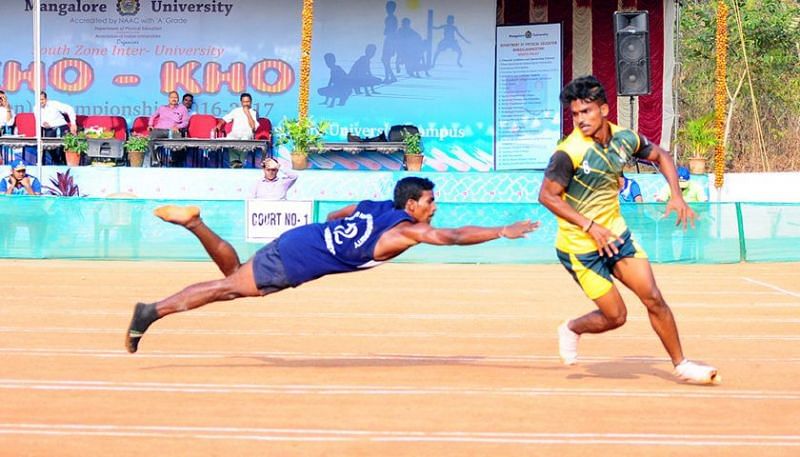
In a momentous victory, Team India secured the inaugural Kho Kho World Cup title with a resounding 54-36 win over Nepal. Led by captain Pratik Waikar and standout performer Ramji Kashyap, the Men in Blue displayed speed, strategy, and skill throughout the tournament. This historic win adds to India's impressive sporting achievements and cements their position as a dominant force in Kho Kho.

In a historic night at the Indira Gandhi Indoor Stadium, Team India emerged as the undisputed champions of the inaugural Kho Kho World Cup 2025. Led by captain Pratik Waikar and standout player Ramji Kashyap, the men's team dominated Nepal with a final score of 54-36, while the women's team sealed their victory with a remarkable 78-40 win against the same opponents. The event was graced by several esteemed dignitaries, showcasing the growing global popularity and potential for Kho Kho to become an Olympic Sport.
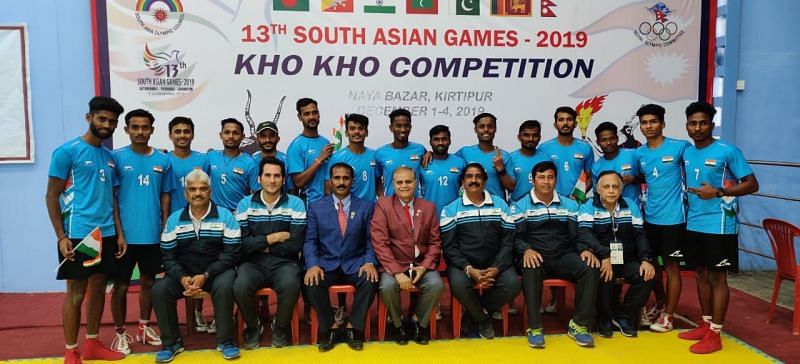
In an intense rematch between the two favored teams, India emerged victorious once again against Nepal to claim the first-ever Kho Kho World Cup title. After defeating South Africa in the semi-final, the hosts remained undefeated throughout the tournament and continued their dominant streak in the final match. Despite a strong performance from Nepal's Rajan Bal, India was able to maintain a significant lead, clinching the win with a score of 54-36.